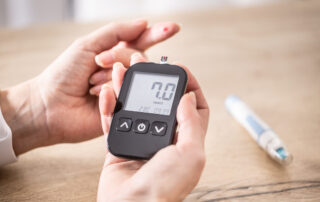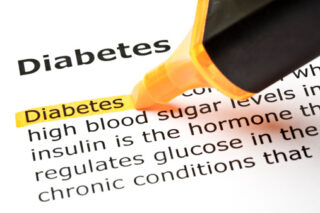Less than half of schoolkids at risk of food anaphylaxis in England prescribed adrenaline ‘antidote’
Yet UK and European drug regulators specify access to 2 adrenaline devices at all times Giving ‘spare’ devices to all schools would be safer and save local health bodies £millions Less than half of schoolchildren in England who are at risk of a serious and potentially life-threatening allergic reaction (anaphylaxis) ...











